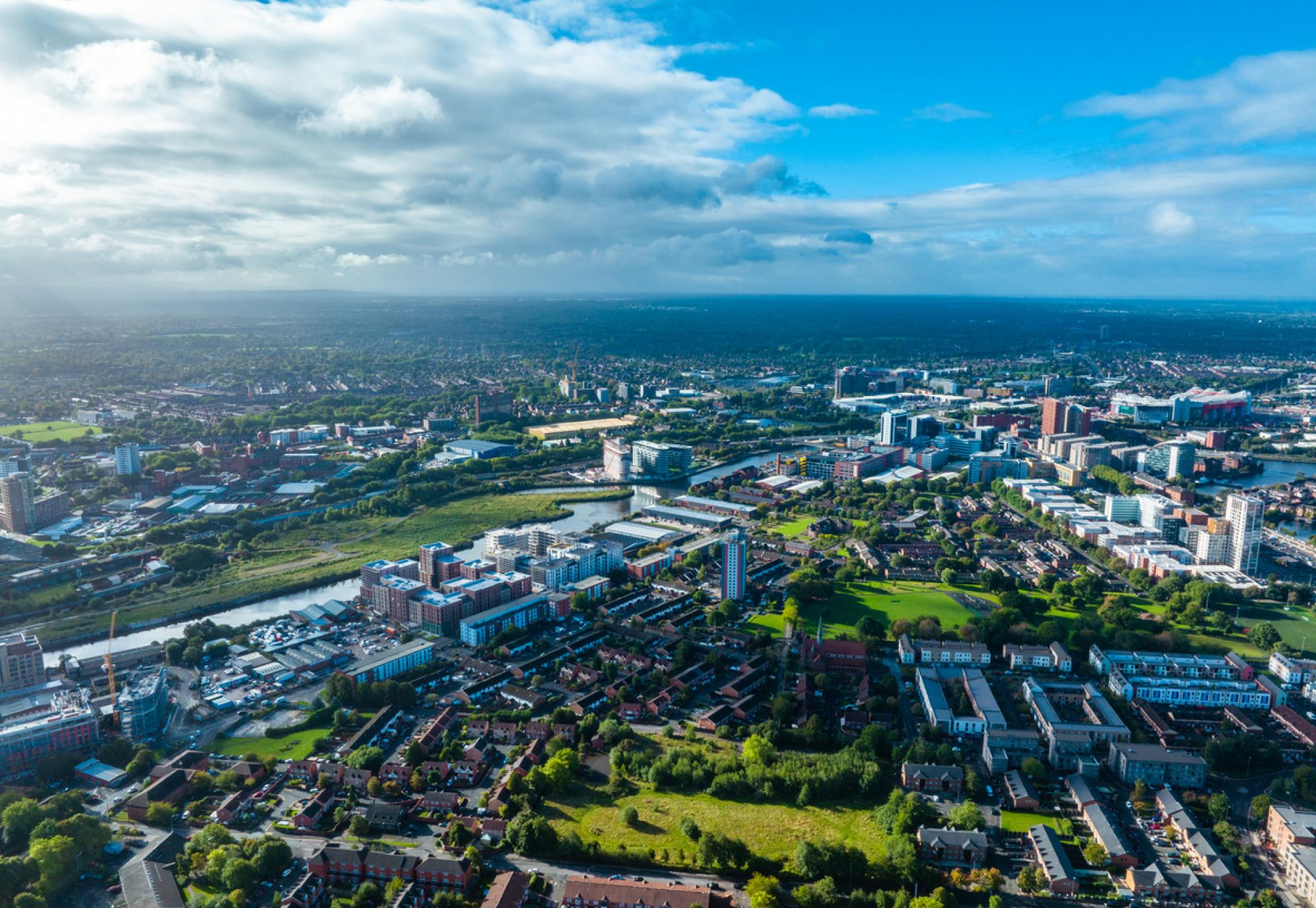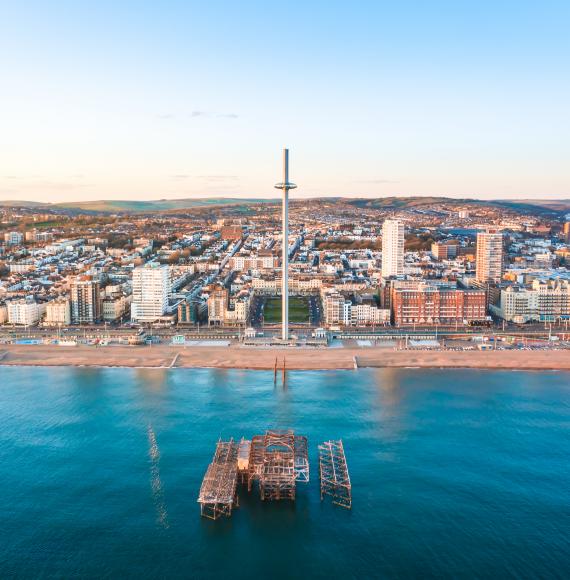Dame Sarah Storey, Greater Manchester’s Active Travel Commissioner, has stated that it is the region’s plan to eliminate road deaths and serious injuries through Vision Zero.
Vision Zero will not only allow Greater Manchester to take the next step in reducing the number of people that are killed our serious injured on the roads, with 858 people suffering those fates following collisions in 2021, but it will also help to make the city-region a safer, healthier and more sustainable place.
Around 3,800 unnecessary deaths and serious injuries could be prevented by 2040 if serious action is taken. Due to this, Dame Sarah was joined by Transport Commissioner for Greater Manchester Vernon Everitt, and other key stakeholders, to announce the beginning of a detailed programme that will help to develop Greater Manchester’s Vision Zero strategy. This will help to present a unified plan that will hold a shared ambition of zero deaths and serious injuries on the roads.
Dame Sarah Storey, Active Travel Commissioner, said:
“Any death or serious injury on our roads is one too many, and these collisions are already devastating people’s lives.
“It’s heart-breaking to learn of a fatal or life-changing collision and sadly there has been some horrendous incidents, very recently, right on our doorstep. These incidents are neither acceptable or investible, and we should all be doing everything we can to prevent them.”
“Back in November I launched a refreshed mission for Greater Manchester’s active travel programme and within that I recommended the region adopt Vision Zero.
“Today’s announcement is the first step on making that a reality and I hope the work that now follows will pave the way in making everyone feel safe when they take to the roads, whether that be in a car, on foot, or on a bike.”
Not only will a Vision Zero approach greatly reduce the number of deaths and injuries on the roads of Greater Manchester, but it will also help to reduce the impact that is being felt by the region’s emergency services and the cost implications that are felt by public finances. This gives the city-region the potential to save more than £4.5 billion of its economy over the course of the next 20 years.
Best practice from cities around the world will be used to influences the strategy, with these including Stockholm, Oslo, London, and Bristol. Examples of effects measures in these cites include 20mph speed limits, safer junctions, as well as segregated lanes for people to walk, cycle and wheel. These are complimented by increased enforcement for vehicles that are caught speeding.
The work of Greater Manchester’s Road Danger Reduction Advisory Group and Greater Manchester Police will also be built upon, with the work bolstering operations that aim to keep people safe as they use transport and highways.
Transport Commissioner, Vernon Everitt, added:
“Commitment to Visio Zero in cities and regions across the UK and overseas has resulted in a significant reduction in death and serious injury on the roads.
“We look forward to the outcome of the work by our road danger reduction experts to see the potential for similarly positive outcomes in Greater Manchester, building on the work already undertaken by districts, TfGM, the police and other partners.”
Prior to the Visio Zero strategy, the region was already taking steps to reduce the number of people that are being killed or seriously injured on the road, with improved infrastructure for walking, wheeling, and cycling as it looks to construct the largest active travel network in the country, with this complimenting the new Bee Network.
Boroughs in the region have also been trialling schemes to boost participation in active travel, with these including 20 mph speed limits and School Streets pilots.
These developments come following the death of 28 pedestrians in 2021, with 217 serious injuries coming as a result of road collisions in the same year. Alongside these tragedies, five cyclists were killed, 129 serious cyclist casualties, 10 motorcyclist deaths and 106 serious casualties. When it comes to car occupants, there were 29 fatalities and 305 serious injuries in 2021.



















